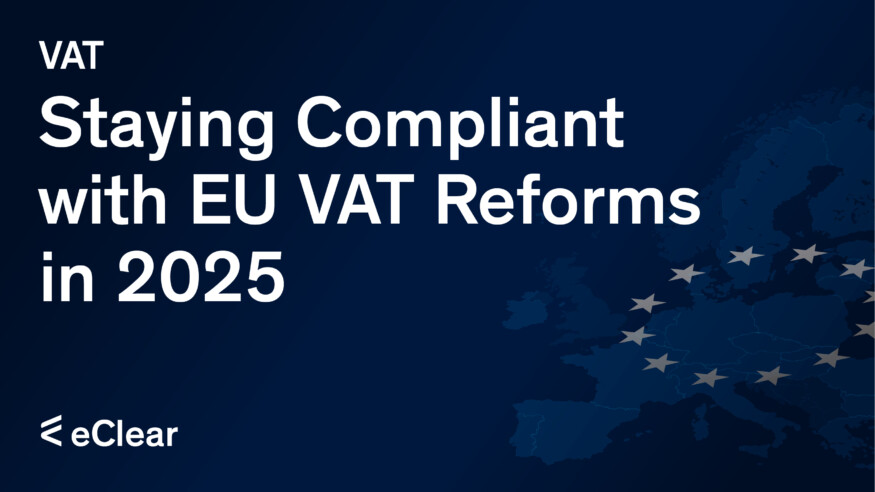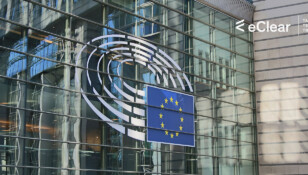E-invoicing Mandates are Starting to Roll Out
The ViDA reforms mandate e-invoicing from July 2030 and forward. Ahead of this timeline, EU Member States are allowed to introduce national e-invoicing systems for domestic B2B transactions, without approval from the European Commission.
Romania and Germany are already starting to implement e-invoicing mandates:
Romania made e-invoicing mandatory for B2B transactions on July 1, 2024. The invoices must be transmitted through the national RO E-Factura system. Since January 2025 B2C transactions also need to be reported via the RO E-Factura system.
In Germany, resident businesses must be capable of receiving structured, machine-readable electronic invoices from January 2025.
Special VAT Scheme for Small and Medium-Sized Enterprises (SMEs)
The EU introduced new VAT schemes for SMEs in 2025. The changes aim to simplify VAT compliance while supporting SME growth. Two voluntary schemes were introduced, one domestic scheme and one cross-border scheme. These allow eligible businesses to apply VAT exemptions to all supplies of goods and services in member states where the scheme is elected. The new cross-border scheme can only be used by businesses that have their headquarters within the EU. Non-EU businesses can’t use either scheme, even if they have a fixed establishment within the EU.
The domestic scheme is available to businesses that are established in the member state where the VAT is due. Each member state determines a threshold for the annual revenue that must not be exceeded to be eligible for the domestic scheme. The maximum cap for these thresholds is 85,000 EUR.
SMEs operating across EU borders can qualify for the cross-border scheme and must meet two requirements. Firstly, their total annual revenue must be below 100,000 EUR EU-wide. Secondly, their revenue in the non-establishment member state must be below that state’s national threshold.
The thresholds and details can be seen on the official website of the European Commission. (https://sme-vat-rules.ec.europa.eu/index_en)
To participate in the cross-border scheme, businesses must obtain a unique “EX” identification number, notify their country of establishment and issue a report with the total value of their sales (broken down for each member state) to their home country.
The schemes also impact businesses who are transacting with SMEs using them. When an SME using the domestic exemption supplies goods to a business in another member state, the business customer doesn’t need to account for VAT in this instance.
Services that are provided by SME’s that apply the cross-border scheme in the customer’s member state are exempt. Thus, business customers don’t need to account for VAT for these services rendered.
If an SME does not use the cross-border scheme in the customer’s member state, the business customer must account for VAT under the reverse-charge mechanism.
New VAT Rules for Virtual Events
With the start of 2025 the European Union also implemented new VAT rules for virtual events and live-streamed activities. The goal is to align their tax treatment with digital services. For B2C virtual events, organizers must charge VAT at the rate applicable in the consumer’s member state. The One-Stop- Shop (OSS) system can be used to simplify compliance. This eliminates the need to register for VAT in each customer’s country. B2B transaction will be handled through the reverse-charge mechanism and not use the VAT at the point of sale.
New Rules for Platforms Coming Into Effect in Switzerland
Switzerland introduced the deemed supplier model for e-commerce platforms. This means that platforms and marketplaces, under certain conditions, are responsible for collecting and remitting VAT on goods sold to Swiss customers. Beforehand, this was the responsibility of individual sellers. The new deemed supplier regime is not applicable to the sales of digital services.
Let’s stay in touch!
Stay up to date on the latest market trends, best practices and regulatory changes affecting cross-border trade by following us on LinkedIn.







